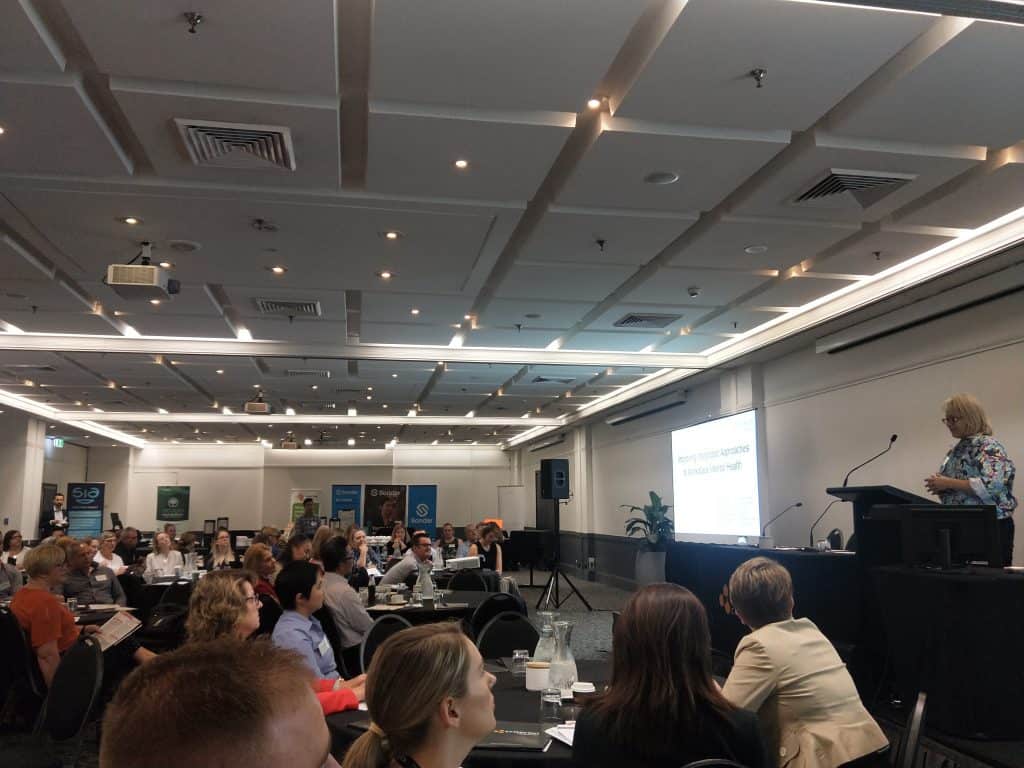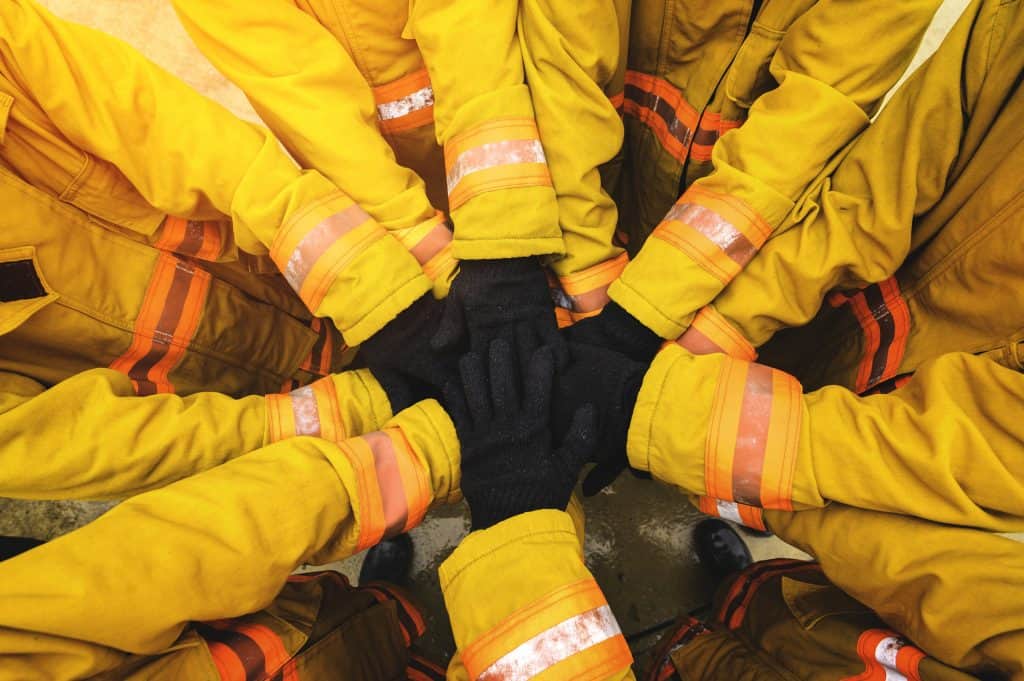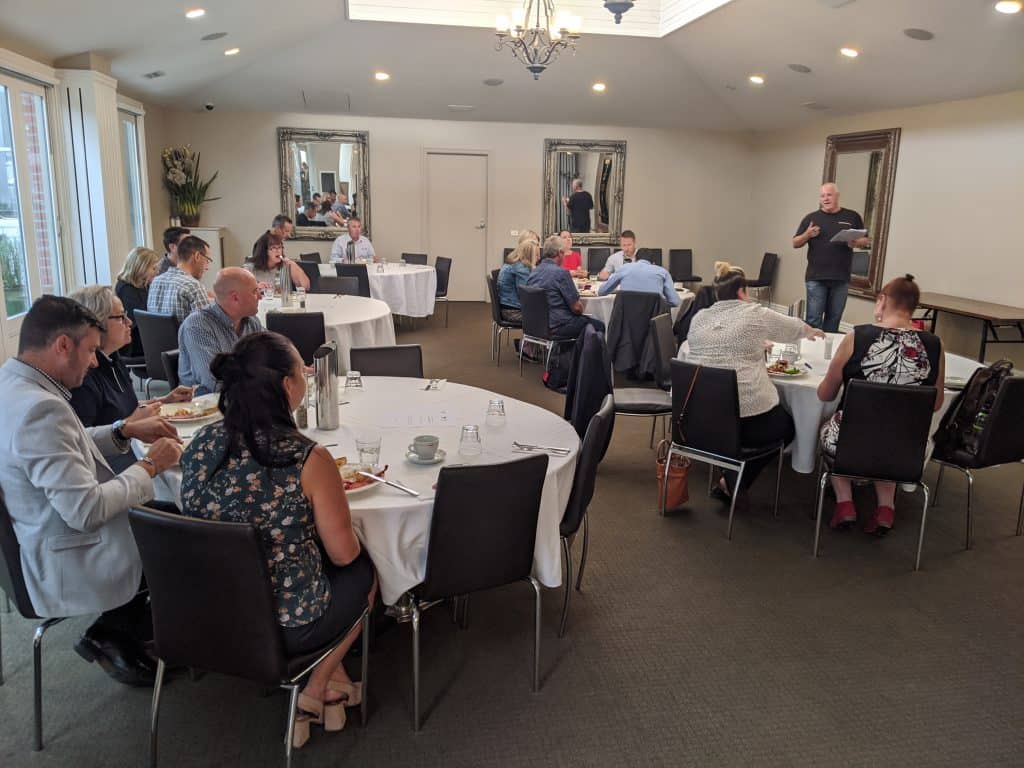The Criterion Conference called “Improving Integrated Approaches to Workplace Mental Health” is a curious one. There is a lot of information about workplace mental health but a lot less about a “integrated approach”.

The audience had a good mix of delegates from Australian States and as well as occupations of Human Resources (HR) and Occupational Health and Safety (OHS), as well as some State Safety Regulators. The separate silos of HR and OHS were on display even though it is these very disciplines that must be integrated for Australian businesses to truly grasp how mental ill-health can be prevented. One example of the gap could be seen in relation to resilience training.




